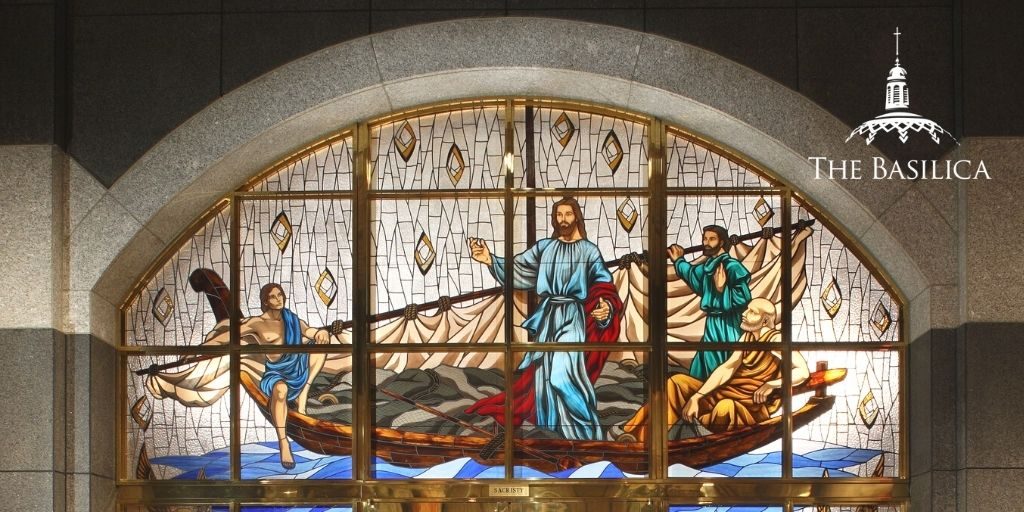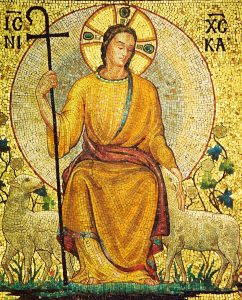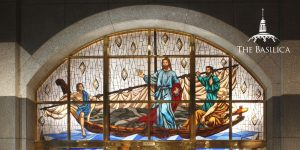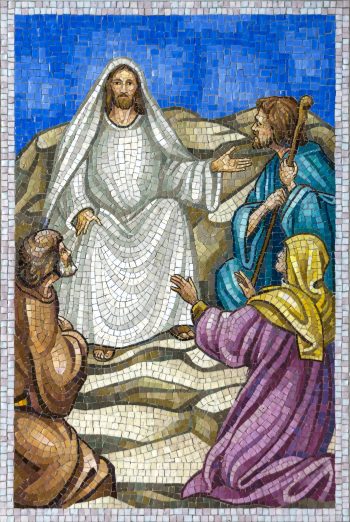
The parable of the prodigal son is perhaps one of the most well-known parables mentioned in Scripture. Not only does it paint a picture of God’s love for us, but it also demonstrates how we should love our brothers and sisters in Christ.
The Parable of the Prodigal Son
In the gospel of Luke, Jesus tells the well-known parable of the prodigal son. A son asks his father for his inheritance, then squanders it recklessly as he lives a life of indulgence. With nothing left of his fortune, he is forced to work as a hired hand for a pig farmer. He is so destitute that he longs to eat the food of the pigs. Realizing that his father’s servants have better working conditions, he resolves to return to his father, beg forgiveness, and ask to be his servant.
However, upon arriving at his father’s house, he is welcomed with loving arms. His father is overwhelmed with joy at his son’s return, and holds a feast in his honor:
So he got up and went back to his father. While he was still a long way off, his father caught sight of him, and was filled with compassion. He ran to his son, embraced him and kissed him. His son said to him, ‘Father, I have sinned against heaven and against you; I no longer deserve to be called your son.’ But his father ordered his servants, ‘Quickly bring the finest robe and put it on him; put a ring on his finger and sandals on his feet. Take the fattened calf and slaughter it. Then let us celebrate with a feast, because this son of mine was dead, and has come to life again; he was lost, and has been found.’ Then the celebration began. — Luke 15:20-24
However, the prodigal son’s older brother, who has remained serving in his father’s house, does not share his father’s joy. Instead, he is jealous that his father has not honored him. His father urges him not to resent his brother, but to instead be happy for him.
The Love of God the Father
The story of the prodigal son is a picture of God’s love for us as His children. God’s love for us does not depend on our faithfulness; it is unconditional. He loved us while we were still sinners. Though we are demanding and do not remain faithful, God is still our faithful and loving Father. When we come to repent of our sins, He is willing to forgive us and welcomes us with open arms.
“…I have loved you with an everlasting love; therefore I have continued my faithfulness to you.” — Jeremiah 31:3 (NRSVCE)
Loving the Family of God
The example of the elder son demonstrates how we should not treat other believers. We are all equal in His sight — sinners saved by God’s grace. Jesus tells this parable shortly after a group of Pharisees and scribes complained about how Jesus was fraternizing with tax collectors and sinners. Jesus responds to their criticisms with the parable of the lost sheep and the parable of the lost coin, demonstrating His willingness to pursue sinners.

If Jesus, the King over all creation, values the least of these, how much more so should we? We should not hold ourselves in higher regard than those whose sins we deem “worse” than ours, but love and accept them as fellow members of the church. We are to share in their joys and sorrows and live in harmony with them.
As a body is one though it has many parts, and all the parts of the body, though many, are one body, so also Christ. For in one Spirit we were all baptized into one body, whether Jews or Greeks, slaves or free persons, and we were all given to drink of one Spirit…
The eye cannot say to the hand, “I do not need you,” nor again the head to the feet, “I do not need you.” Indeed, the parts of the body that seem to be weaker are all the more necessary… If [one] part suffers, all the parts suffer with it; if one part is honored, all the parts share its joy. — 1 Corinthians 12:12-13, 21-22, 26


